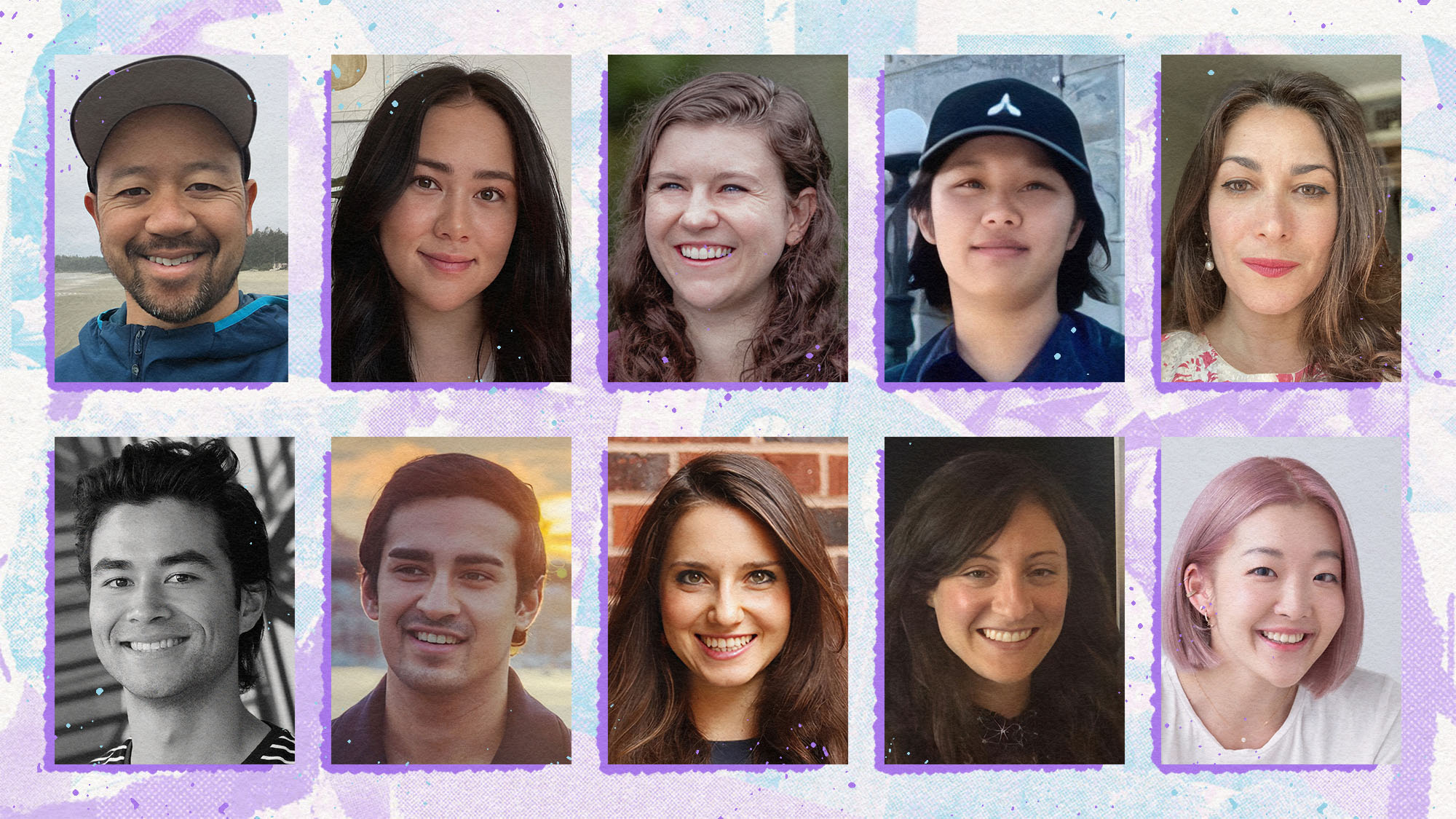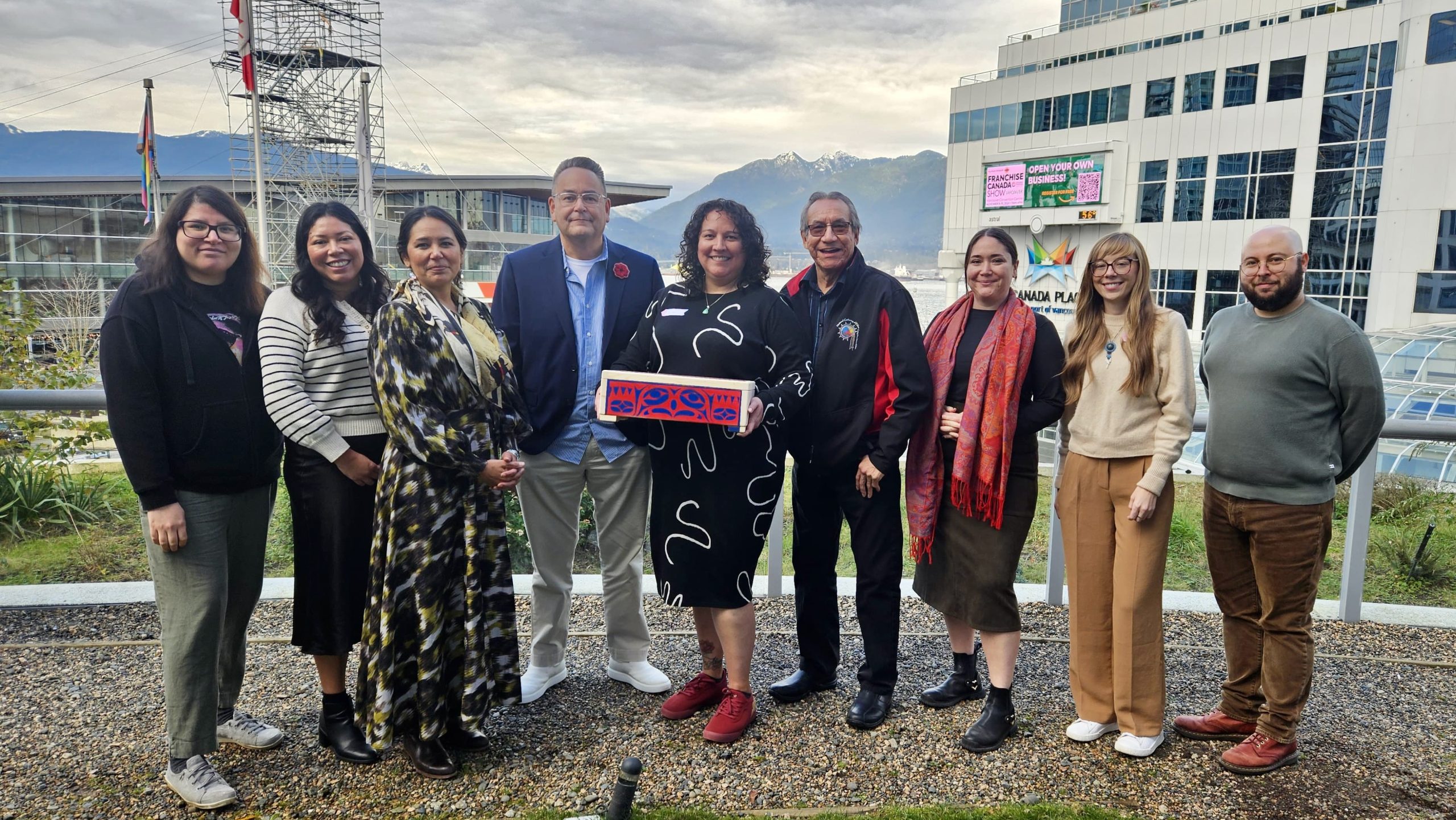

Bronwyn Bragg is a PhD candidate in the Department of Geography and a member of the Public Scholars Initiative. Her research explores the gendered and generational dynamics of immigrant integration and belonging in Canadian cities.
Changes to immigration policies at the federal level can have profound impacts on communities and neighbourhoods. It’s something that Bronwyn Bragg observed while she was working in the settlement sector and that ultimately led her to return to school to pursue a PhD that allowed her to “dive deeply” into the subject. “I am interested in the way immigration policy — through the attribution of different legal status — shapes processes of integration and belonging in the city,” she says. “This includes looking at how refugees and immigrants access services, support and build community and how these processes are shaped by legal status (as either permanent or ‘temporary’ residents).”
A human geography specialist with degrees in sociology and anthropology who is pursuing her doctoral research with support from the PSI, Bragg’s research looks at the way immigrants and refugees experience life in a “super-diverse neighbourhood” in Calgary, which has a high level of immigrants and refugees, many of them Syrian. “Due to housing affordability, there are higher levels of poverty and social vulnerability [in these communities],” she explains, noting that the diversity of backgrounds in these communities adds to their complexity, in addition to enriching them culturally. “I’m interested in how these dynamics are taking place at neighbourhood level, from the perspectives of Syrians and other migrants, but also from service providers. Social services have limited resources and a lot demand.”
This story originally appeared in The National Post within a feature article on five UBC PhD students whose research could impact critical challenges.
Related Links:
- UBC Graduate and Postdoctoral Studies. “Meet our Students: Bronwyn Bragg.”


